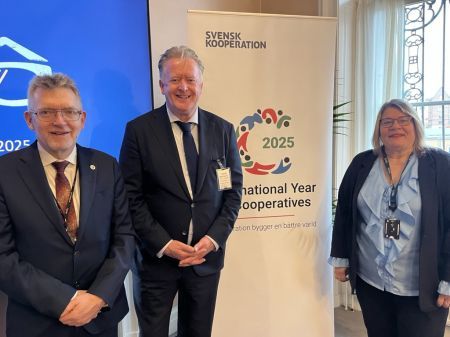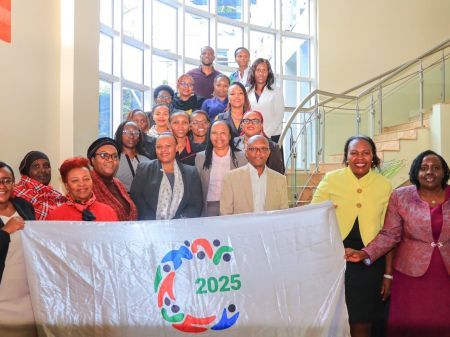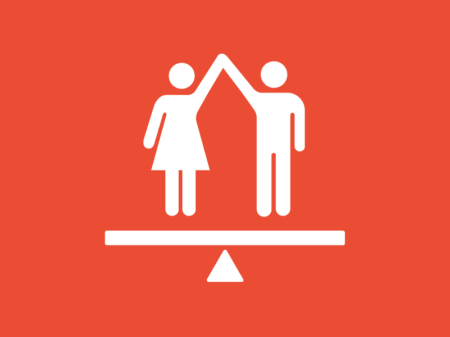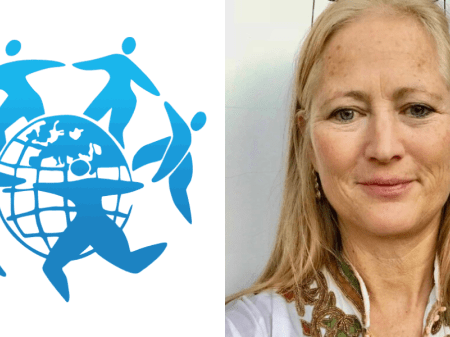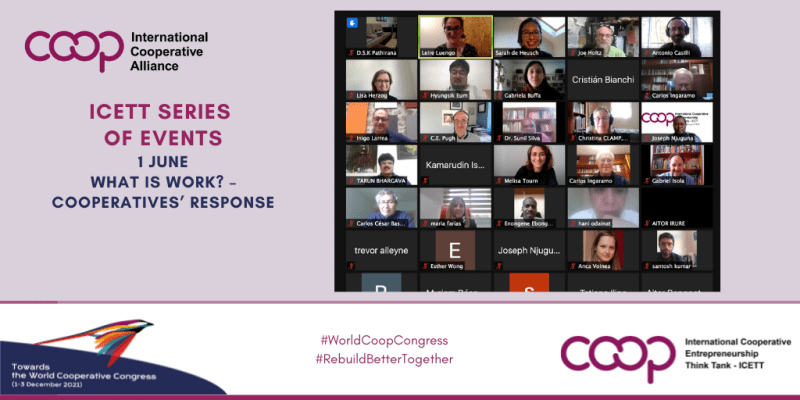
The International Cooperative Entrepreneurship Think Tank (ICETT) hosted an online event on 1 June to explore the future of work.
Tarun Bhargava, the Chair of ICETT, explained the main objective of ICETT, which was formed in 2018 by the ICA to strengthen cooperatives' entrepreneurial performance by seeking and using innovative ideas, research, education, and cooperation to address the challenges that cooperative enterprises are facing. It acts as a hub to offer strategic thinking on cooperative entrepreneurship to demonstrate that the cooperative business model can be a key differentiator for entrepreneurial competitiveness and strengthen cooperatives' business performance.
ICA President Ariel Guarco praised ICETT for hosting the event and enabling cooperators to discuss challenges and ways to put decent work at the heart of the post-pandemic economic recovery. He added that the International Day of Cooperatives (3 July) could serve as an opportunity for the movement to show what the cooperative identity means, a topic that will be discussed at the ICA’s World Cooperative Congress in Seoul, the Republic of Korea, in December.
“Our enterprises are showing resilience and commitment to the communities they are built in,” he said, calling on cooperatives to reaffirm their commitment to a future of work centred on people, ethical supply chains and the environment.
“In all these aspects we have examples to show – fostering economic growth without leaving anyone behind. Together with leaders, researchers and functionaries, we can reach conclusions that help to deepen the cooperative identity,” he added.
Participants also heard from Antonio Cassili, a Professor of Sociology at Télécom Paris, the school of telecommunications engineering of the Polytechnic Institute of Paris, and an Associate Researcher at the School for Advanced Studies in the Social Sciences. He said the COVID-19 crisis had accelerated trends such as the use of technology and automation as a quick solution or a way to develop economic growth and social change. He talked about the importance of bringing together digital platformers and cooperatives that are interested in each others’ models, to share lessons and achieve scale. He argued that platform cooperativism could be a durable and sustainable model but warned about the environmental costs and labour conditions involved in producing the equipment required to develop them.
Lisa Herzog, associate professor at the Faculty of Philosophy and the Center for Philosophy, Politics and Economics of the University of Groningen, argued that the technological transformation could improve working conditions for employees.
“While different forms of work like cooperatives are feasible and might be efficient, little is known about them,” she said, calling on unions and cooperatives to work with those who develop platforms to explore the democratic potential of these tools more.
Joe Holtz, a member of the Park Slope Food Co-op in New York, described how his cooperative approached technological transformations. Park Slope’s model is based on members volunteering a few hours a month to help run the grocery store, which, in turn, gives them access to quality food at lower prices.
“From my point of view, the future of work is a bright future because people like working together, making the connections, sustaining a co-op together,” he said. “The value is in building a community and people feeling connected to the co-op and creating good, well-paid jobs.”
Bringing together cooperators from across the world, the event was organised by one of ICETT’s four working groups, which focuses on the future of work.
The full recording is available here.
Related Events:
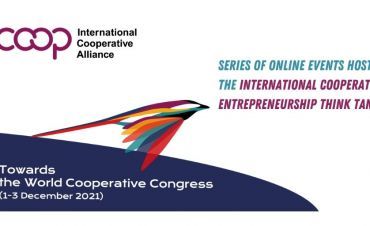
ICETT series of events Towards the World Cooperative Congress
To enrich our conversations on cooperative identity in the run-up to the W ...

